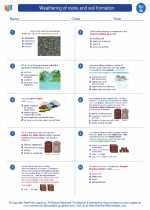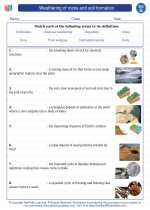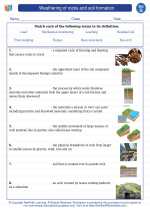Medicinal
Medicinal refers to anything that has properties or substances that can be used for medical purposes, such as treating diseases, alleviating symptoms, or promoting health and well-being. These substances can come from a variety of sources, including plants, animals, minerals, and synthetic compounds.
Types of Medicinal Substances
Medicinal substances can be categorized into several types:
- Herbal Medicine: Derived from plants and plant extracts. Examples include ginger for nausea and turmeric for inflammation.
- Traditional Medicine: Practices and remedies that have been passed down through generations within a culture or community.
- Pharmaceutical Drugs: Synthetic compounds created in laboratories to target specific diseases or symptoms.
- Homeopathic Remedies: Based on the principle of "like cures like," using highly diluted substances to stimulate the body's own healing processes.
- Natural Products: Substances derived from natural sources, including plants, animals, and minerals, that are used for medicinal purposes.
Study Guide
To study the topic of medicinal substances, consider the following key points:
- Understand the difference between herbal medicine, traditional medicine, pharmaceutical drugs, homeopathic remedies, and natural products.
- Explore the history and cultural significance of medicinal practices in different societies around the world.
- Learn about the process of drug development, including clinical trials, FDA approval, and potential side effects.
- Examine the role of medicinal plants and their chemical compounds in modern medicine.
- Consider the ethical and legal implications of using medicinal substances, including issues related to patenting natural remedies and indigenous knowledge.
By exploring these aspects of medicinal substances, you can gain a comprehensive understanding of their significance in healthcare and society.
.◂Science Worksheets and Study Guides Seventh Grade. Weathering of rocks and soil formation
Study Guide Weathering of rocks and soil formation
Weathering of rocks and soil formation  Activity Lesson
Activity Lesson Weathering of Rocks
Weathering of Rocks  Worksheet/Answer key
Worksheet/Answer key Weathering of rocks and soil formation
Weathering of rocks and soil formation  Worksheet/Answer key
Worksheet/Answer key Weathering of rocks and soil formation
Weathering of rocks and soil formation  Worksheet/Answer key
Worksheet/Answer key Weathering of rocks and soil formation
Weathering of rocks and soil formation  Worksheet/Answer key
Worksheet/Answer key Weathering of rocks and soil formation
Weathering of rocks and soil formation  Vocabulary/Answer key
Vocabulary/Answer key Weathering of rocks and soil formation
Weathering of rocks and soil formation  Vocabulary/Answer key
Vocabulary/Answer key Weathering of rocks and soil formation
Weathering of rocks and soil formation  Vocabulary/Answer key
Vocabulary/Answer key Weathering of rocks and soil formation
Weathering of rocks and soil formation  Vocabulary/Answer key
Vocabulary/Answer key Weathering of rocks and soil formation
Weathering of rocks and soil formation 

 Activity Lesson
Activity Lesson
 Worksheet/Answer key
Worksheet/Answer key
 Worksheet/Answer key
Worksheet/Answer key
 Worksheet/Answer key
Worksheet/Answer key
 Worksheet/Answer key
Worksheet/Answer key
 Vocabulary/Answer key
Vocabulary/Answer key
 Vocabulary/Answer key
Vocabulary/Answer key
 Vocabulary/Answer key
Vocabulary/Answer key
 Vocabulary/Answer key
Vocabulary/Answer key

The resources above cover the following skills:
LIFE SCIENCE
Unity and Diversity
Analyze and interpret data for patterns of change in anatomical structures of organisms using the fossil record and the chronological order of fossil appearance in rock layers.